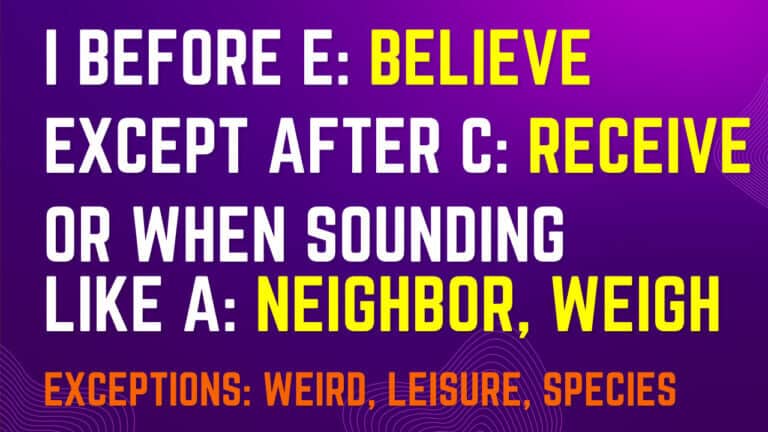 This is a guest post from Matt Dancis. He writes for Language Trainers, a language tutoring company that teaches any language, anytime, anywhere. It has native speaking instructors throughout the world who give customizable private or small group classes either in person or on Skype. Take one of their free English level tests. Matt is from Philadelphia and has spent the past several years living in Argentina and Colombia splitting his time between writing and teaching English. To contact Matt with any questions, email him.
This is a guest post from Matt Dancis. He writes for Language Trainers, a language tutoring company that teaches any language, anytime, anywhere. It has native speaking instructors throughout the world who give customizable private or small group classes either in person or on Skype. Take one of their free English level tests. Matt is from Philadelphia and has spent the past several years living in Argentina and Colombia splitting his time between writing and teaching English. To contact Matt with any questions, email him.
If you really want to master English, you have to embrace a foreign way of thinking. The most effective way to test how well you think like a native English speaker is to watch and/or listen to stand up comedy.
Demetri Martin is a famous comedian in the United States. He has a brilliant mind and a dry sense of humor. (A dry sense of humor is when someone does not rely on how he or she says jokes, but rather, on what the person says. Usually a dry comedian says jokes in a monotone voice. The humor is based in the jokes themselves and not the comedian’s delivery of the jokes.)
In the following clip you will find a comedy bit by Demetri Martin where he talks about the funny yet very bizarre way in which English speakers introduce themselves. Listen to the clip below the photo and see if you find it funny. Then read the explanation of the jokes below to see if you missed anything.

Transcript:
It’s weird when you introduce somebody that you say like, “This is…” and then their name. You know, like, “This is Frank.”
It sounds pretty normal, but when you think about it…”This?!” You walk up with a person and you’re like, “Hey guys, this. This…stuff right here, this is Frank.”
“Excuse me. What is that?”
“This? Oh, this is Frank.”
“Oh that’s what that is. Jesus!”
I guess it should be “He is Frank” but that sounds even weirder. You can’t go walk up to somebody and be like, “Hey! He is Frank. Take it away Frank!”
It’s like when you call somebody on the phone, you know? They say hello. You have to say, “This is…”
“Hello?”
“This is Demetri.”
It can’t be like, “Hello?”
“I am Demetri!”
“What?”
“I am Demetri. Take me to your leader!”
But then if you go to someone in person the rule flips. Then it’s the exact opposite actually. If I walk up to you then I have to say, “Hi, I am Demetri.”
I can’t walk up to you and be like, “THIS IS DEMETRI! You like…this?!”
Explanation:
How To Introduce A Friend
The bit begins with Martin explaining how weird it is that in English we always introduce a person by saying the words, “This is…” That’s funny because in English we typically use the word this to describe objects, whereas we say he or she to describe people. But for some reason with introductions, we use the object pronoun instead of the gender one. Native speakers are so accustomed to this that to us it sounds perfectly normal. But Martin points out that if you think about it, you are objectifying a person. You are essentially saying, “This stuff right here is Frank.”
How Not To Introduce A Friend
Martin continues by describing how bizarre it would sound to us to use the human pronoun in an introduction. Although it makes logical sense, to introduce someone by saying, “He is Frank” would sound awkward. The only place an introduction like that might be appropriate would be to introduce someone before a performance. Martin says, “He is Frank. Take it away Frank!” (Take it away is an expression we use to introduce a performer)
How To Introduce Yourself On The Phone
We also use the pronoun this to introduce ourselves, but only when we are on the phone. Martin explains how awkward it sounds to introduce oneself on the phone by saying “I am Demetri. Take me to your leader!” The joke is that only an alien would introduce himself by saying, “I am Demetri.”
How To Introduce Yourself In Person
When you introduce yourself in person, the rule is reversed. If you meet some in person, you have to say, “Hi. I am Demetri.” If you say, “Hi, this is Demetri,” you will be objectifying yourself in a very inappropriate way. Martin jokes how it’s sort of like saying that you, or your body, is an object on display.








